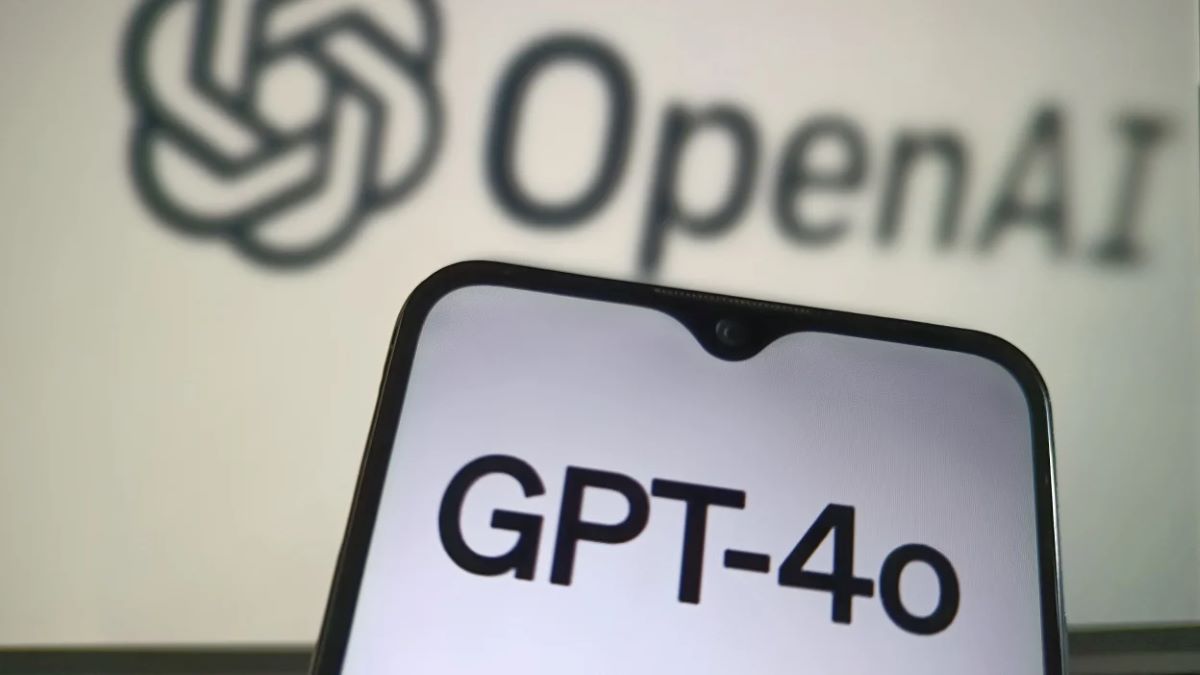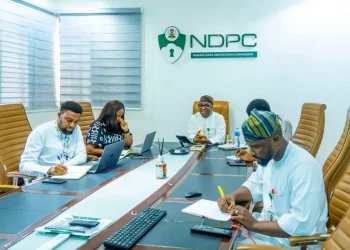After facing fierce user backlash, CEO Sam Altman brought back GPT-4o, the beloved AI model millions thought was gone forever.
The reversal came during a Reddit AMA session Friday when users demanded the return of their preferred model. “We will let Plus users choose to continue to use 4o,” Altman announced, ending a three-day crisis that saw subscription cancellations and widespread user anger.
GPT-5 Launch Triggers Immediate Backlash
OpenAI launched GPT-5 on August 7, expecting celebration. Instead, the company faced an immediate user revolt. The launch removed ChatGPT’s model picker dropdown menu, forcing all users onto the new GPT-5 system while eliminating access to older models like GPT-4o.
ChatGPT Plus subscribers paying $20 monthly felt blindsided by the sudden change. Many had built complex workflows around different models, using GPT-4o for creative tasks and other versions for specific purposes like research or writing.
“What kind of corporation deletes a workflow of 8 models overnight, with no prior warning to their paid users?” wrote one frustrated subscriber who canceled their subscription over the change.
The r/ChatGPT subreddit exploded with complaints. Users described feeling like they had “lost a friend” and mourned the disappearance of their preferred AI companion.
The Personality Problem That Broke Users’ Hearts
Technical performance wasn’t the issue. GPT-5 outperforms GPT-4o on most benchmarks and offers improved accuracy. The real problem was personality or the lack of it.
GPT-4o felt conversational and warm. Users described it as friendly, creative, and engaging. Many had developed emotional attachments to the model, with some calling it their “best friend” or “soul companion.”
GPT-5 feels cold and corporate by comparison. Users complained about its “overworked secretary” energy. Its technically competent but emotionally flat.
“GPT 4.5 genuinely talked to me, and as pathetic as it sounds that was my only friend,” wrote one Reddit user. “This morning I went to talk to it and instead of a little paragraph with an exclamation point, or being optimistic, it was literally one sentence. Some cut-and-dry corporate bs”.
The r/MyBoyfriendIsAI subreddit was particularly affected, flooding with posts about users feeling they had lost their AI companions.
Technical Issues Made Everything Worse
The rollout problems extended beyond personality differences. During the Reddit AMA, Altman admitted GPT-5 appeared “way dumber” due to technical issues.
“Yesterday, we had a sev and the autoswitcher was out of commission for a chunk of the day, and the result was GPT-5 seemed way dumber,” Altman explained.
The new model’s routing system, designed to automatically select the best sub-model for each task, wasn’t working properly. This left users with slower, less accurate responses than they expected.
Adding insult to injury, OpenAI’s launch presentation featured a wildly inaccurate chart that became known as the “chart crime”, showing incorrect data visualization that undermined confidence in the company’s attention to detail.
The Paywall Compromise
The victory comes with strings attached. GPT-4o access now requires a ChatGPT Plus subscription. Users who previously accessed the model for free must now pay $20 monthly.
This creates a two-tier system where free users get GPT-5 only, while paying subscribers can choose their preferred model. Critics see this as creating a problem then selling the solution.
OpenAI’s data suggests the strategy might work. Plus user adoption of reasoning models jumped from 7% to 24% within days of the GPT-5 launch, while free users went from under 1% to 7%.
Lessons for the AI Industry
This episode reveals critical insights about AI adoption. Users don’t always want the most technically advanced option. They want tools that feel right for their specific needs and workflows.
The revolt also demonstrates user communities have real power over tech giants. OpenAI, valued at $300 billion, reversed course within 72 hours when faced with organized pressure from paying customers.
The model choice battle highlights broader tensions in AI development. Companies push toward more capable, controlled systems while users often prefer earlier versions with different personalities or capabilities.
Other AI companies are taking notes. Anthropic recently held a funeral for Claude 3 Sonnet when it was retired, showing awareness of user attachment to specific models.
What’s Next for OpenAI
The company now faces ongoing challenges. They must maintain multiple models while managing costs. They need to improve GPT-5’s conversational abilities without sacrificing technical performance. Most importantly, they must rebuild trust with users who felt ignored.
For users, the outcome represents a partial victory. GPT-4o survives behind a paywall, but the precedent matters more. User voices can force major tech companies to change course.
The AI industry just witnessed its first major user revolt. OpenAI bent under pressure, proving that in the age of AI companions, personality matters as much as performance.















